Why Organic Baby Clothes Are Best for Your Little One

When it comes to choosing the best for your little one, the type of clothing they wear plays a significant role. Organic baby clothes have become increasingly popular among parents who prioritize both the health of their babies and the environment. But what makes organic baby clothes stand out? In this article, we will explore the numerous benefits of opting for organic clothing for your baby and why it’s the best choice you can make.
Organic baby clothes are made from natural fibers like cotton that are grown without the use of harmful pesticides, synthetic fertilizers, or genetically modified organisms (GMOs). This ensures that the fabrics are free from toxic chemicals, making them safer and gentler on your baby’s delicate skin. Additionally, the production of organic clothes is more sustainable and environmentally friendly, reducing the ecological footprint.
Beyond the health and environmental benefits, organic baby clothes offer unmatched comfort. The materials used are often softer and more breathable than conventional fabrics, providing a cozy and comfortable feel that is perfect for your baby’s sensitive skin. Parents can rest easy knowing that they are wrapping their little ones in the purest and most natural fabrics available.
Ready to make the switch to organic baby clothes? Check out the new trending baby products today and find the best options for your child’s wardrobe.
Benefits of Organic Baby Clothes
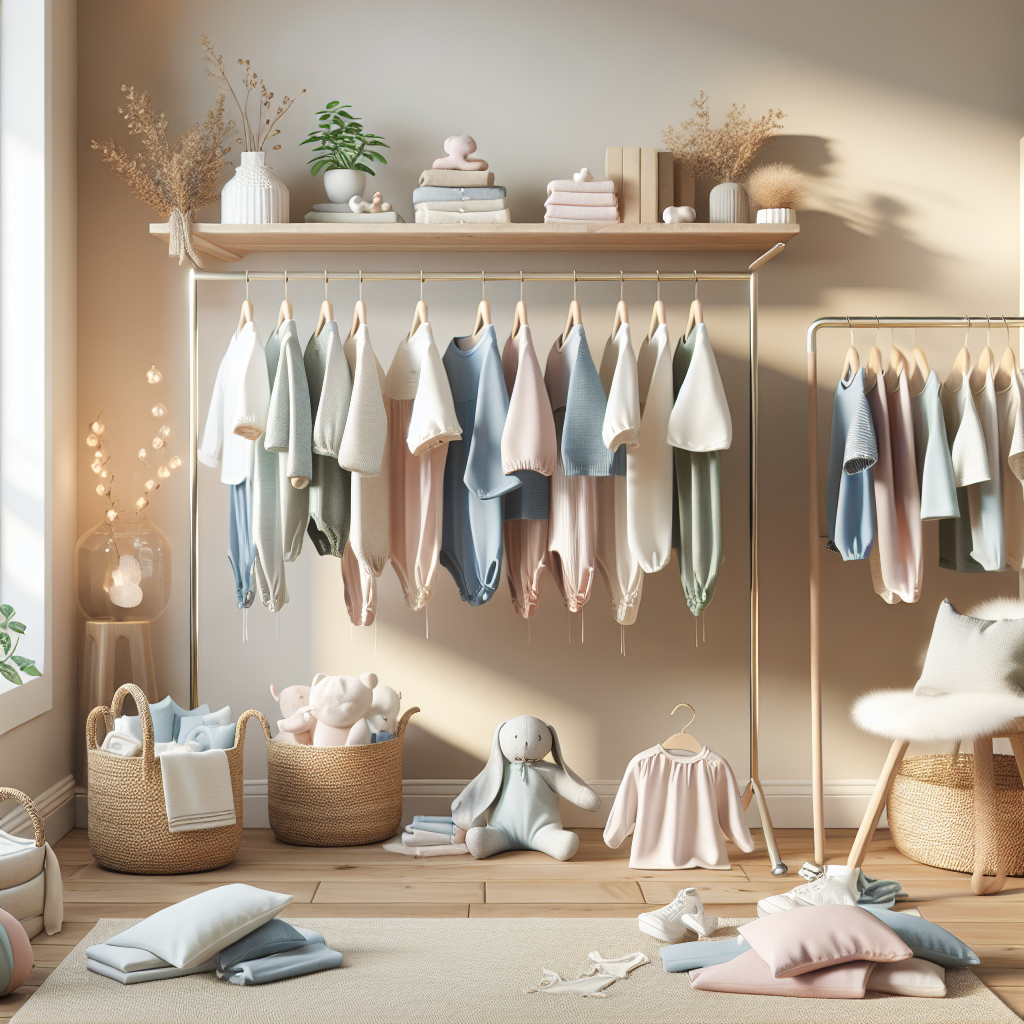
Choosing organic baby clothes over conventional options comes with a myriad of benefits that extend beyond just fashion. Here are some of the key advantages:
- Healthier for Baby’s Skin: Organic baby clothes are free from harsh chemicals and synthetic dyes that can irritate sensitive skin. This makes them an excellent option for babies prone to allergies or eczema.
- Environmentally Friendly: The production of organic clothes involves sustainable farming practices that avoid the use of harmful pesticides and fertilizers. This reduces soil and water contamination and promotes biodiversity, ensuring a healthier planet for future generations.
- Higher Quality: Organic fabrics are often more durable and softer than their conventional counterparts. This means that the clothes can withstand multiple washes without losing their integrity, making them a cost-effective choice in the long run.
- Ethical Manufacturing: Many brands that produce organic baby clothes adhere to fair trade practices, ensuring that the workers involved in the production process are treated fairly and work in safe conditions.
- Reduced Risk of Chemical Exposure: Babies are more susceptible to the dangers of chemical exposure due to their developing immune systems. Organic baby clothes eliminate the risk of exposing your little one to harmful substances found in non-organic clothing.
By choosing organic baby clothes, you are not only investing in the well-being of your child but also contributing to a more sustainable and ethical world. The benefits are clear, making organic clothing a smart and responsible choice for your baby’s wardrobe.
Safety and Health Considerations
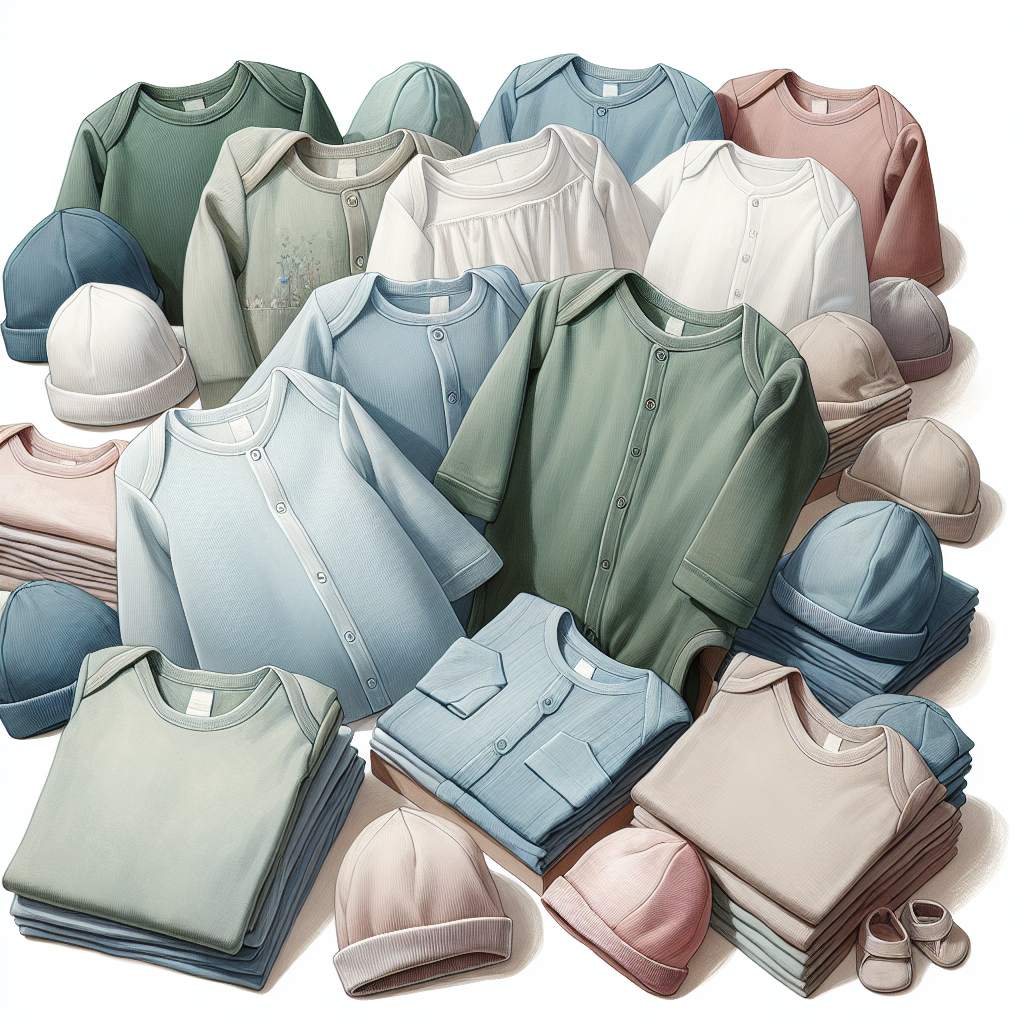
When it comes to your little one’s safety and health, choosing organic baby clothes is a decision that can make a significant difference. Here are some key considerations:
- Absence of Harmful Chemicals: Organic baby clothes are made without the use of toxic chemicals, such as formaldehyde, phthalates, and heavy metals. These substances are often found in non-organic clothing and can pose serious health risks, including respiratory issues and skin irritations.
- Hypoallergenic Properties: Organic fabrics are less likely to cause allergic reactions or irritate sensitive skin because they are free from synthetic additives. This is especially important for newborns and infants whose skin is delicate and highly absorbent.
- Breathability and Comfort: Organic materials like cotton and bamboo are naturally breathable, allowing for better air circulation. This helps in regulating your baby’s body temperature and prevents overheating, ensuring they stay comfortable throughout the day.
- Reduced Risk of Infections: The hypoallergenic and breathable nature of organic fabrics reduces the likelihood of bacterial and fungal infections. This is crucial for maintaining your baby’s overall health and well-being.
- Peace of Mind for Parents: Knowing that your baby’s clothes are made from safe, natural materials provides a sense of security. Parents can rest easy, knowing that they are minimizing their child’s exposure to potentially harmful substances.
By prioritizing safety and health considerations when choosing baby clothes, you are taking proactive steps to protect your child. The investment in organic baby clothes is not just about comfort; it is about safeguarding your child’s health and providing them with the best start in life.
Comfort and Durability of Organic Fabrics
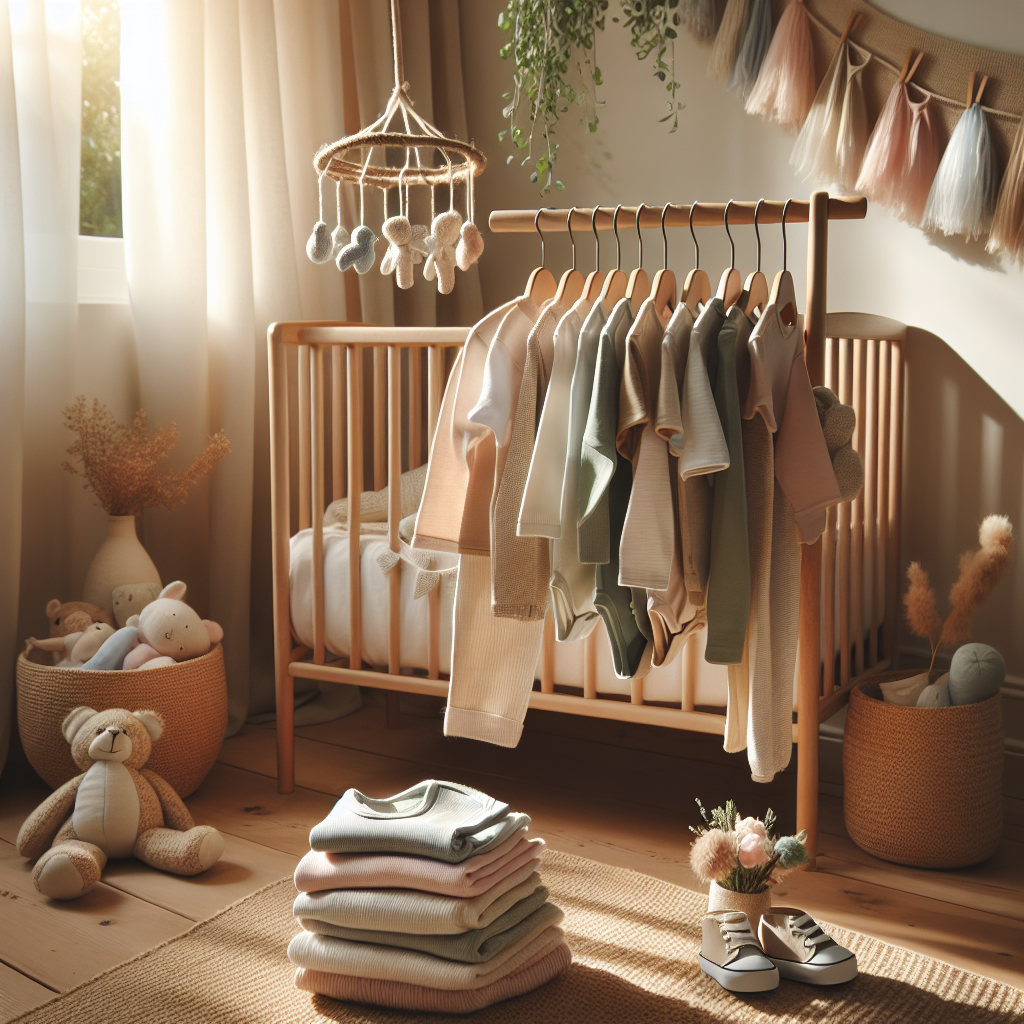
One of the standout features of organic baby clothes is the superior comfort they offer to your little one. Organic fabrics like cotton, bamboo, and wool are incredibly soft and gentle against a baby’s delicate skin. Unlike conventional fabrics, organic materials are free from harsh chemicals that can cause discomfort or irritation. This makes organic baby clothes the ideal choice for ensuring your child remains comfortable throughout the day.
Comfort:
Organic fabrics are known for their natural softness and breathability. Cotton and bamboo fibers, for instance, are less likely to cause skin irritations or allergies. They are highly absorbent, which helps in keeping the baby’s skin dry and reduces the risk of rashes. The breathability of organic materials also allows for better air circulation, helping to regulate body temperature and prevent overheating.
Durability:
In addition to comfort, organic fabrics are also renowned for their durability. Organic cotton and bamboo are strong fibers that can withstand multiple washes without losing their shape or softness. This means that organic baby clothes are not only a comfortable choice but also a cost-effective one, as they last longer than their conventional counterparts. The durability of these fabrics also means they are less likely to tear or wear out, making them suitable for the active lifestyle of a growing child.
The combination of comfort and durability in organic fabrics ensures that your baby enjoys the best of both worlds. Investing in organic baby clothes means choosing items that will keep your child comfortable while standing up to the rigors of daily use. This makes organic baby clothes a smart, sustainable choice for conscientious parents.
Environmental Impact of Organic Baby Clothes
Choosing organic baby clothes is not only beneficial for your little one but also for the environment. The production of organic fabrics involves sustainable practices that are designed to minimize environmental impact. This makes organic baby clothes a responsible choice for eco-conscious parents who want to ensure a better future for their children.
Reduced Chemical Usage:
One of the primary environmental benefits of organic baby clothes is the significant reduction in chemical usage. Conventional cotton farming typically involves heavy use of pesticides and synthetic fertilizers, which can contaminate soil, water, and air. In contrast, organic cotton is grown without these harmful chemicals, thus promoting healthier ecosystems and reducing pollution.
Water Conservation:
Organic farming practices often include methods for conserving water. For instance, organic cotton farming uses crop rotation and composting, which improve soil health and increase its ability to retain water. This means that organic cotton farms generally use less water compared to conventional cotton farms, thereby preserving this vital resource.
Soil Health:
Organic farming practices contribute to the long-term health of the soil. Techniques such as crop rotation, cover cropping, and the use of organic fertilizers help maintain soil fertility and structure. Healthy soil is essential for sustainable agriculture, as it supports diverse plant and animal life and reduces erosion.
Lower Carbon Footprint:
The production of organic baby clothes generally results in a lower carbon footprint. Organic farming reduces carbon emissions by avoiding synthetic fertilizers and pesticides, which are energy-intensive to produce. Additionally, organic farms often rely on renewable energy sources and sustainable practices that further reduce their carbon footprint.
By choosing organic baby clothes, you are making a positive contribution to the environment. The sustainable practices involved in their production help conserve natural resources, reduce pollution, and promote biodiversity. This makes organic baby clothes an excellent choice for parents who are committed to protecting the planet for future generations.
How to Choose the Best Organic Baby Clothes
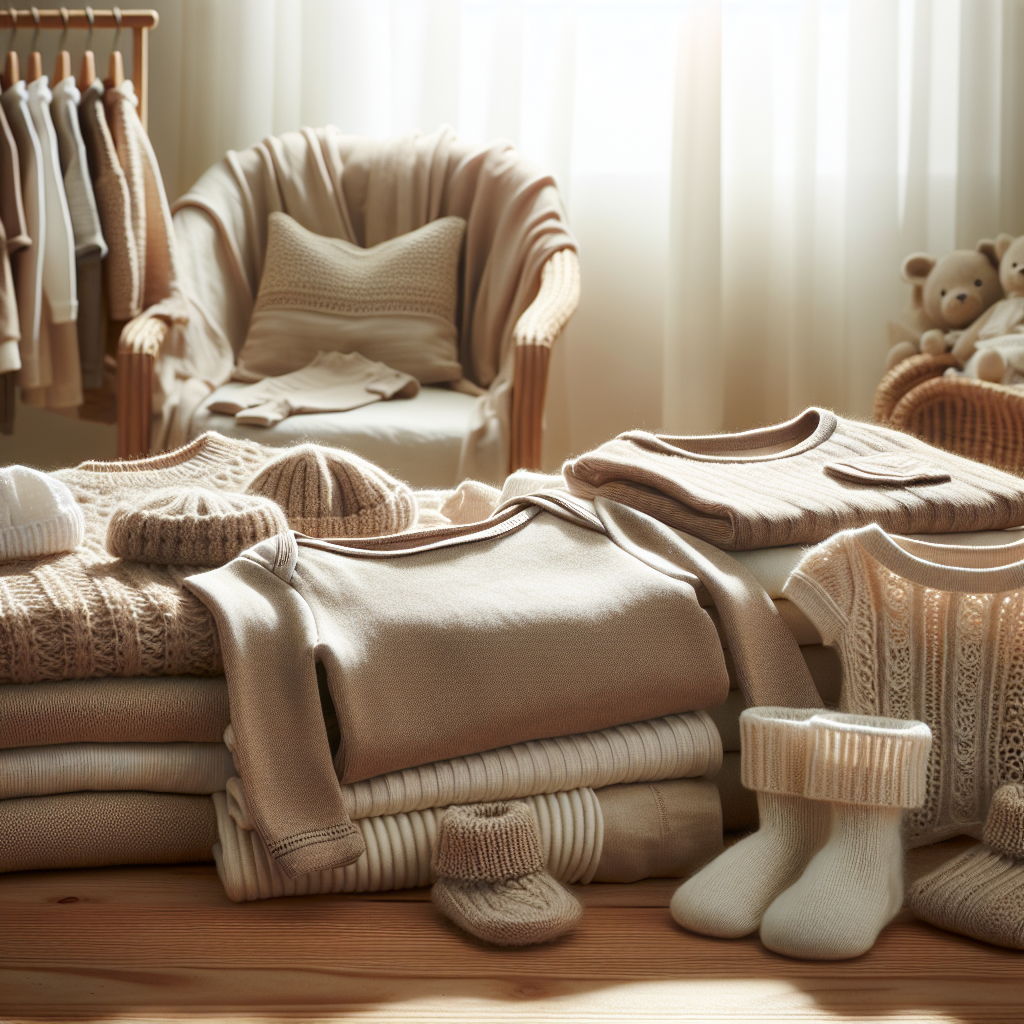
Selecting the best organic baby clothes for your little one involves more than just picking out cute outfits. Several factors need to be considered to ensure you are making the most beneficial choice for your baby’s health and comfort, as well as for the environment.
Check Certifications:
When shopping for organic baby clothes, look for certifications like GOTS (Global Organic Textile Standard) or OEKO-TEX. These certifications guarantee that the fabrics have been produced according to stringent organic standards, ensuring they are free from harmful chemicals and produced sustainably.
Consider Fabric Type:
Organic baby clothes come in various fabrics like organic cotton, bamboo, and hemp. Organic cotton is soft and breathable, making it ideal for babies with sensitive skin. Bamboo fabric is naturally hypoallergenic and moisture-wicking, which helps keep your baby dry and comfortable. Hemp is durable and resistant to molds and UV rays, making it a good option for outdoor clothing.
Evaluate Quality and Durability:
Babies can be tough on their clothes with all the crawling, playing, and exploring they do. Therefore, it’s essential to choose organic baby clothes that are well-made and durable. Look for reinforced seams, quality stitching, and fabrics that can withstand multiple washes without losing their integrity.
Prioritize Comfort:
Your baby’s comfort is paramount. Opt for soft, breathable fabrics that are gentle on your baby’s skin. Avoid clothes with rough seams, tight elastics, or scratchy tags, as these can cause irritation. Additionally, choose clothes that are easy to put on and take off, making diaper changes and dressing hassle-free.
Select Versatile Pieces:
Invest in versatile pieces that can be mixed and matched. Basic items like onesies, leggings, and sleepers can be paired with different outfits, offering more flexibility and value for money. Neutral colors and simple patterns are also great choices as they can be easily coordinated.
Choosing the best organic baby clothes ensures your little one is comfortable, safe, and stylish while contributing to a healthier planet. Check out the new trending baby products today to find the perfect organic outfits for your baby.

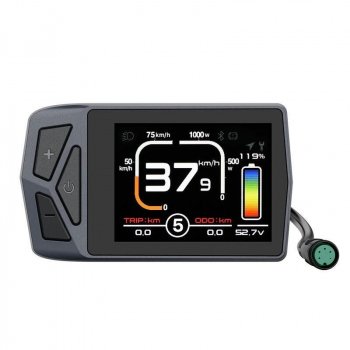
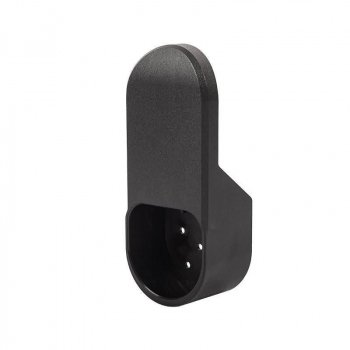















Leave a comment